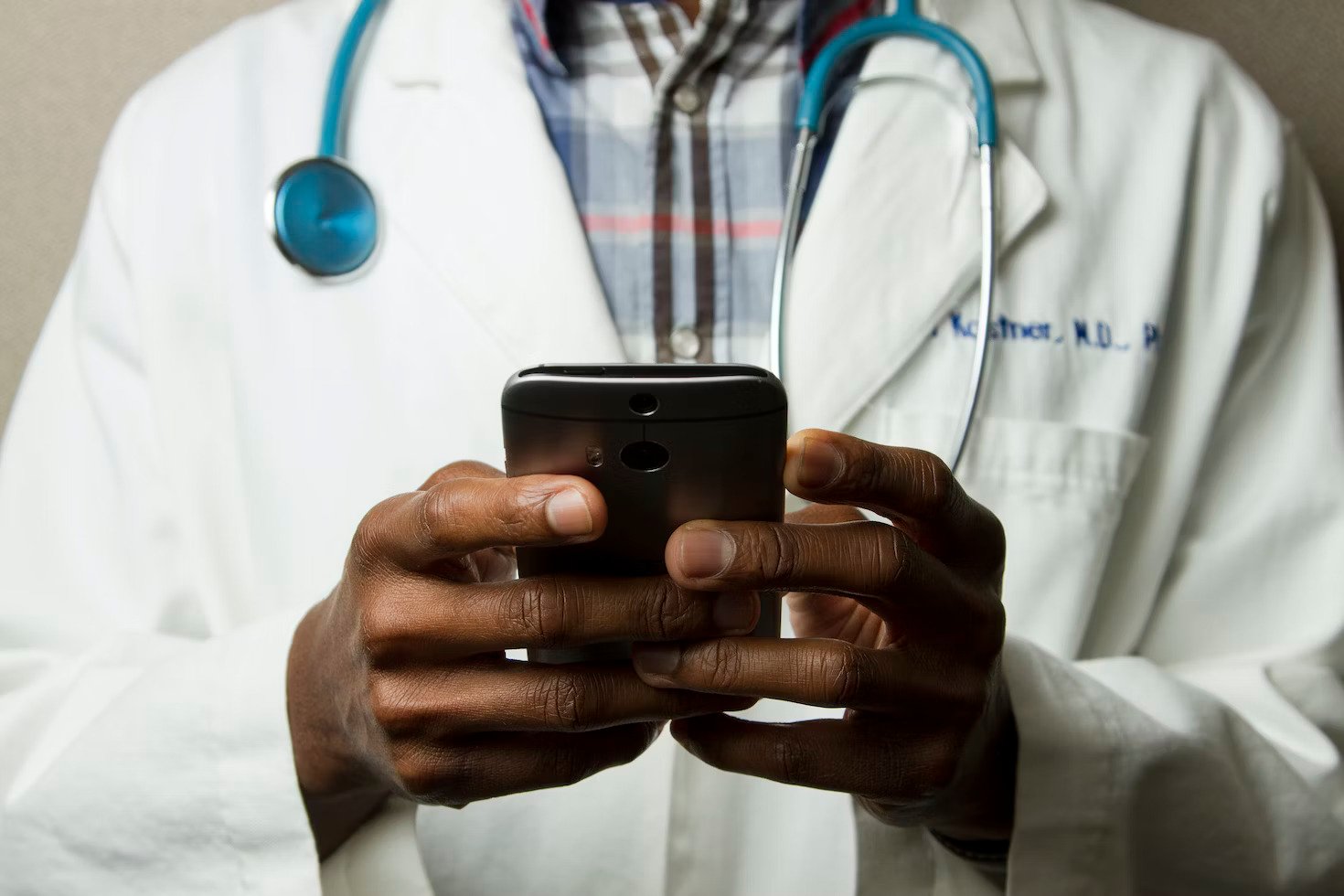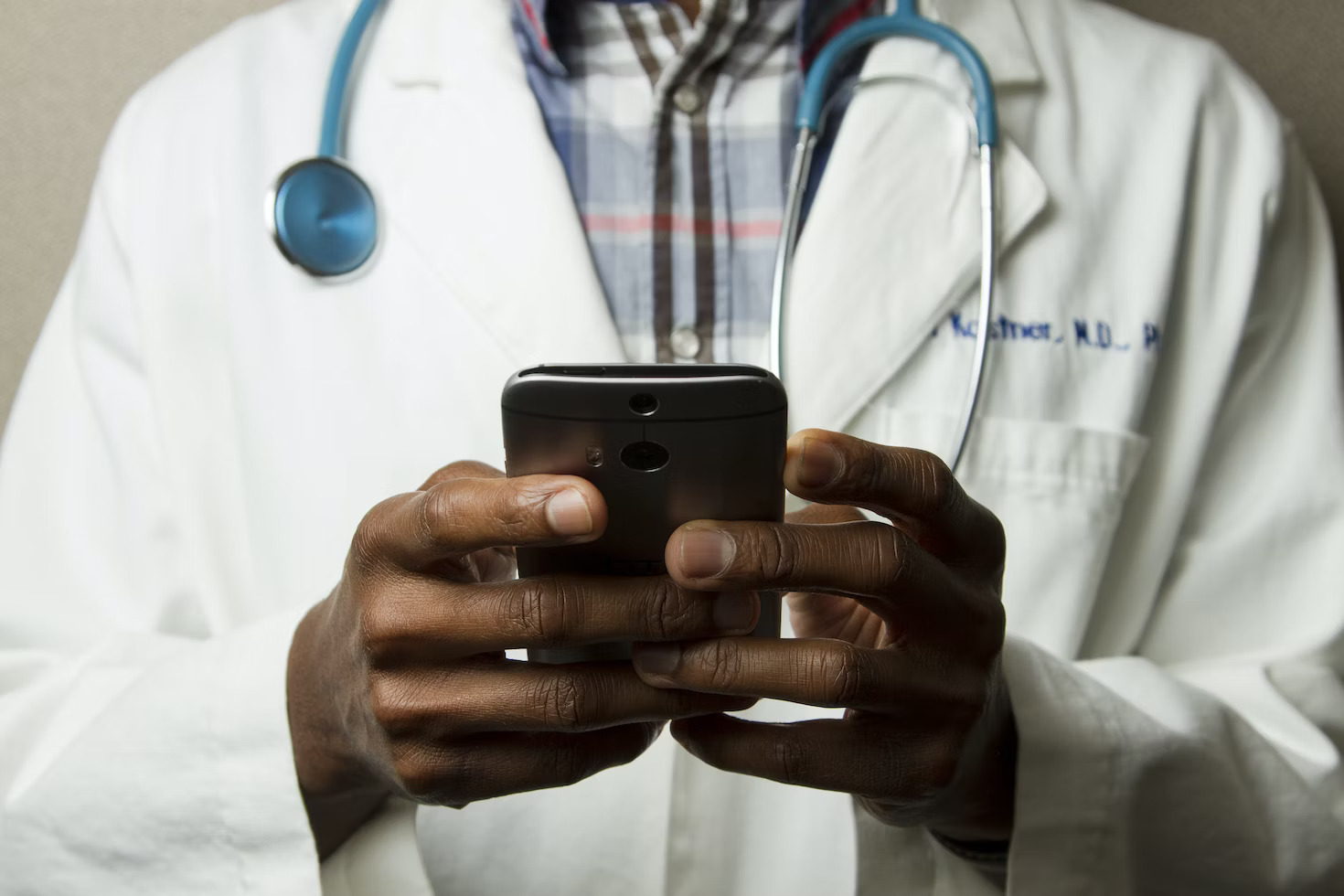
Accessing healthcare services can be a significant challenge in rural communities worldwide due to geographic isolation, limited healthcare infrastructure, and a shortage of healthcare professionals. However, the advent of mobile health solutions has emerged as a promising avenue for overcoming these barriers and improving healthcare access for rural populations. This article explores the role of mobile health solutions in enhancing access to healthcare in rural communities, examining how these technologies are revolutionizing the delivery of healthcare services and empowering individuals to take control of their health.
The Healthcare Divide in Rural Communities
Rural communities often face unique challenges when it comes to accessing healthcare services. Limited access to healthcare facilities, long travel distances, and a shortage of healthcare providers contribute to disparities in health outcomes and reduced access to essential medical care. For individuals living in remote areas, seeking medical attention can involve significant time, effort, and expense, leading to delayed care and poor health outcomes.
The Promise of Mobile Health Solutions
Mobile health solutions, including smartphone apps and telehealth platforms, hold immense promise in addressing the healthcare needs of rural communities. By leveraging the widespread adoption of mobile devices and the ubiquity of cellular networks, these technologies bring healthcare services directly to individuals’ fingertips, overcoming geographic barriers and expanding access to essential medical care.
Teleconsultations: Accessing Healthcare Anytime, Anywhere
One of the key features of mobile health solutions is the ability to conduct teleconsultations or virtual visits with healthcare providers. Through telehealth platforms and mobile apps, individuals in rural areas can connect with doctors, nurses, and specialists remotely, receiving medical advice, diagnosis, and treatment without the need to travel to a physical healthcare facility. Teleconsultations enable individuals to access timely healthcare services from the comfort of their homes, reducing the burden of travel and overcoming barriers such as transportation constraints and long wait times for appointments.
Rugged Tech and Rural Accessibility
In the quest to improve healthcare accessibility in rural communities, the adoption of rugged technology has emerged as a significant game-changer. Rugged technology solutions featuring durable construction and resistance to environmental challenges like extreme temperatures and rugged terrain ensure continuous access to critical health information and uninterrupted patient care in harsh conditions. Moreover, with built-in features such as high-gain antennas and offline functionality, rugged tech enhances connectivity in remote areas, enabling healthcare providers to maintain communication and deliver timely care.
These solutions are invaluable in supporting mobile clinics, outreach programs, and community health workers, empowering them to deliver healthcare services directly to underserved populations, bridging the healthcare gap, and ensuring equitable access to quality healthcare for all, regardless of geographic location or environmental conditions.
Medication Reminders and Adherence Support
In rural communities where access to pharmacies and healthcare providers may be limited, medication management can pose a challenge for individuals with chronic conditions. Mobile health apps offer features such as medication reminders, refill notifications, and dosage tracking, helping individuals adhere to their medication regimens and manage their health more effectively. By providing timely reminders and educational resources, these apps empower individuals to take control of their health and prevent complications associated with medication non-adherence.
Health Education and Disease Prevention
Another crucial aspect of mobile health solutions is their role in providing health education and promoting disease prevention in rural communities. Mobile apps offer a wealth of resources, including articles, videos, and interactive tools, covering topics such as healthy lifestyle choices, preventive screenings, and disease management strategies. By delivering personalized health information directly to users’ smartphones or tablets, these apps empower individuals to make informed decisions about their health, adopt healthier behaviors, and prevent the onset of chronic diseases.
Appointment Scheduling and Access to Specialty Care
Accessing specialty care services can be particularly challenging for individuals in rural communities due to limited availability and long wait times for appointments. Mobile health apps streamline the appointment scheduling process, allowing individuals to book appointments with specialists and healthcare providers remotely. Moreover, some mobile health platforms offer access to virtual specialty care services, such as telecardiology, teledermatology, and telepsychiatry, enabling individuals to receive specialized medical care without leaving their communities.
Empowering Rural Communities Through Mobile Health Solutions
In conclusion, mobile health solutions are playing a transformative role in enhancing access to healthcare services in rural communities. By leveraging the power of mobile technology, these solutions bring essential medical care directly to individuals’ fingertips, overcoming barriers such as geographic isolation, limited healthcare infrastructure, and a shortage of healthcare providers.
From teleconsultations and medication reminders to health education and appointment scheduling, mobile health apps offer a wide range of services that empower individuals to take control of their health and improve their overall well-being. As mobile health technology continues to evolve, it holds immense promise for bridging the healthcare divide and ensuring that individuals in rural communities have equitable access to quality healthcare services.
Interesting Related Article: “Telehealth Licensing: A Closer Look“








